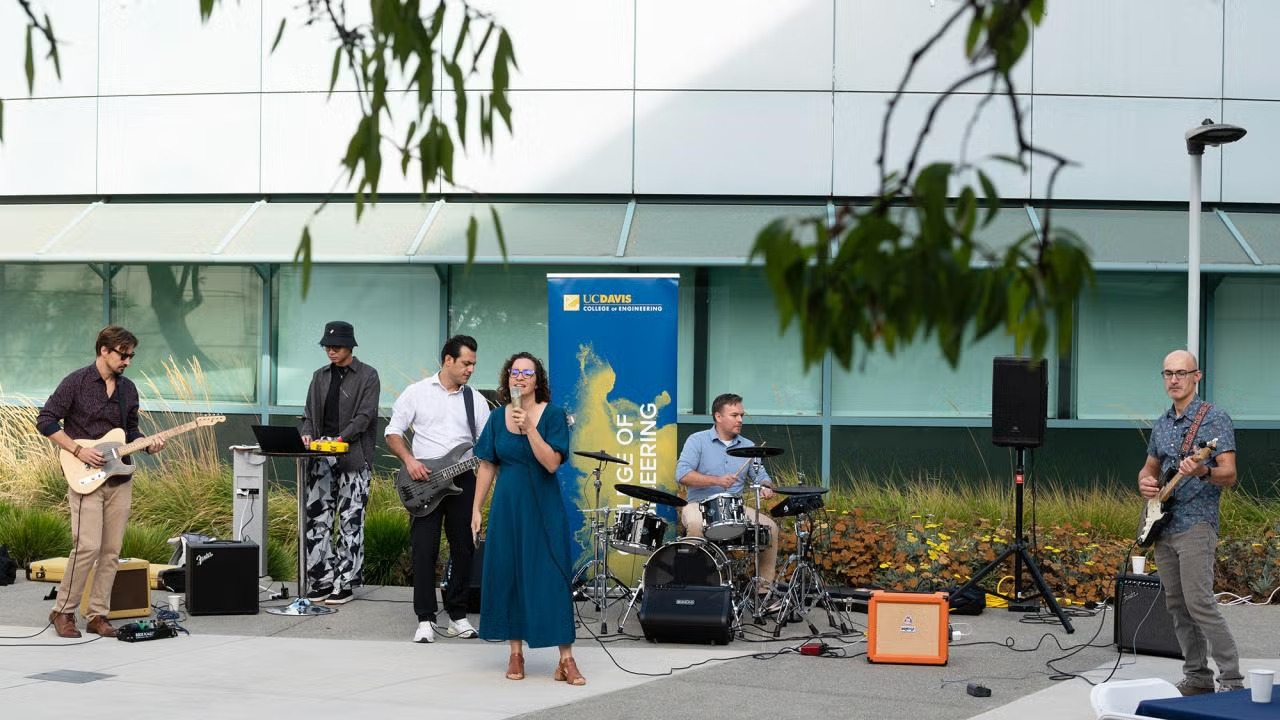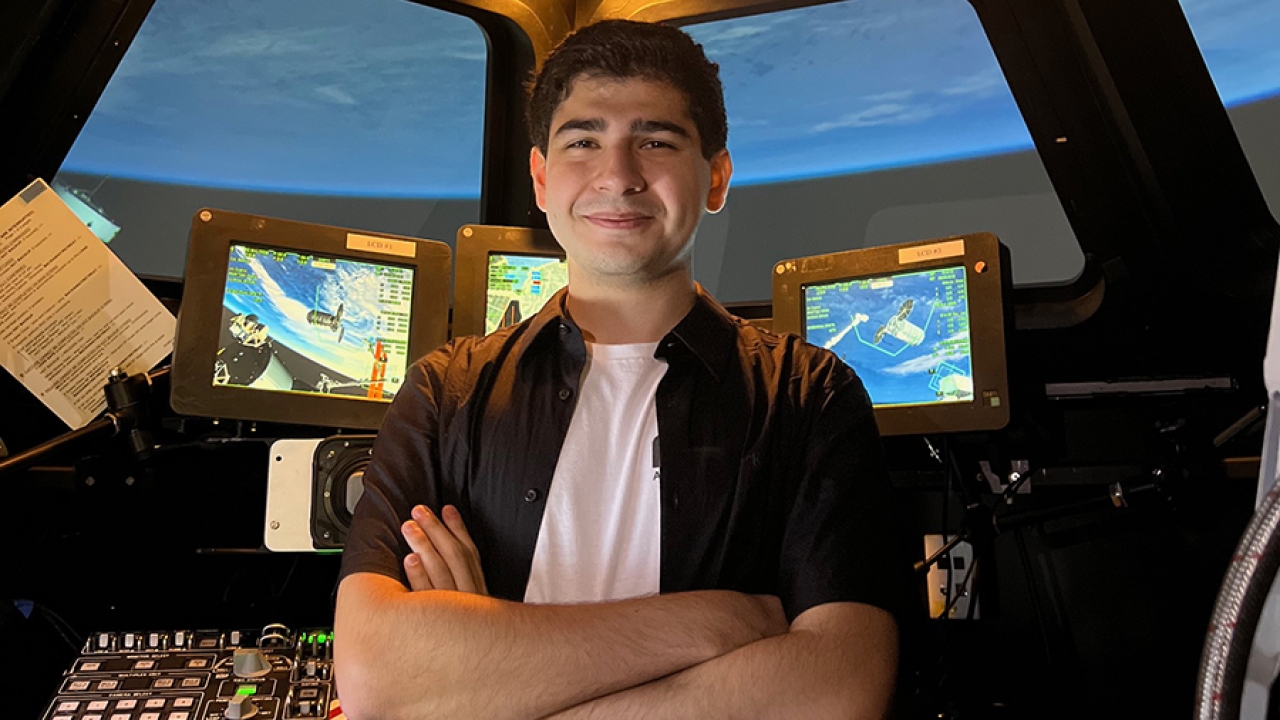NSF Awards Prestigious Graduate Research Fellowships to 4 UC Davis College of Engineering Students
The National Science Foundation has honored four graduate students in the College of Engineering at the University of California, Davis, by admitting them into the Graduate Research Fellowship Program, or GRFP.
The students representing the college in the 2023 class are Jessica Korte and Ada Kanapskyte of the Biomedical Engineering Graduate Group, Micah Karahadian of the Electrical and Computer Engineering Graduate Program and Peyton Young of the Mechanical and Aerospace Engineering Graduate Program.
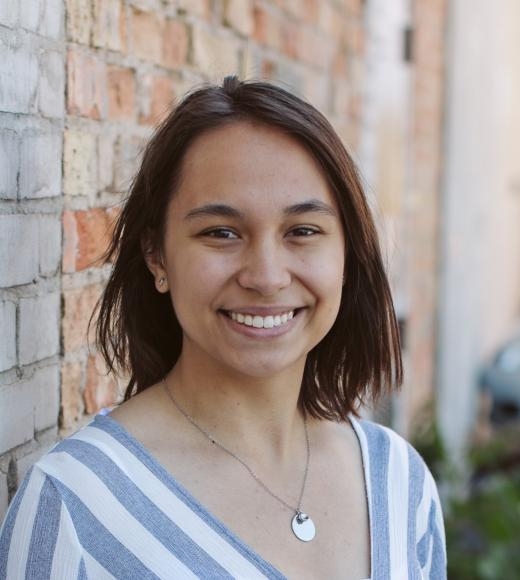
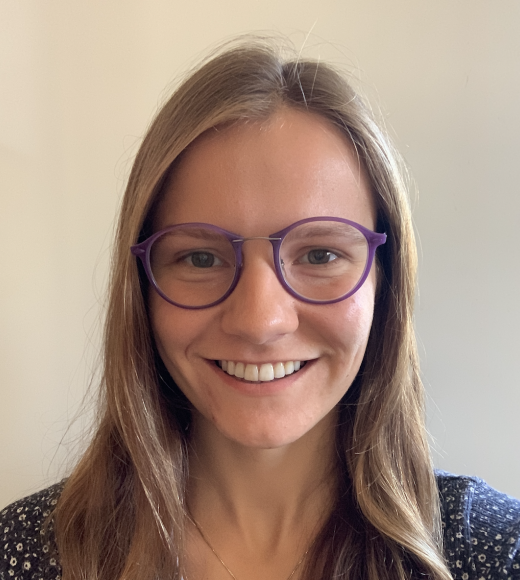
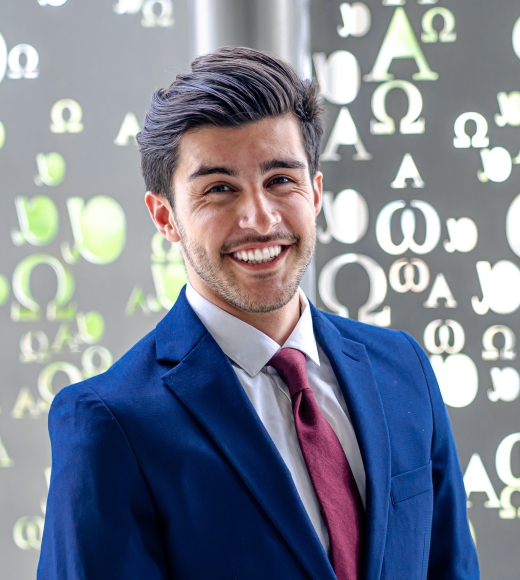
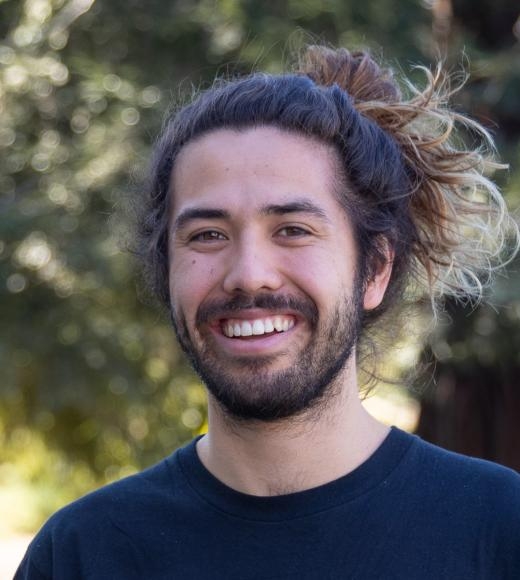
The GRFP is the oldest fellowship program that directly supports STEM graduate students in the United States, recognizing exceptional students who are pursuing research-based master's and doctoral degrees. It provides a stipend of $37,000 annually for a three-year period as well as a $12,000 cost of education allowance to help pay for tuition and fees at the student's institution.
"Receiving the Graduate Research Fellowship is a deeply humbling achievement that signifies a strong vote of confidence in my abilities as a researcher," Karahadian said. "This honor reflects the incredible generosity and selflessness of the scientific community, and I am grateful to be part of such a supportive network."
Jessica Korte shared a similar sentiment: "The funding [from the GRFP] will be a huge help for my next few years at UC Davis, as it will allow me to prioritize my research."
Korte's research combines behavioral neuroscience with Magnetic Resonance Imaging, or MRI, to better understand how the cerebellum — the part of the brain responsible for balance and walking, but also social and emotional information processing — contributes to learning. Overall, she hopes to understand how age impacts one's ability to learn and how age-related alterations to neural connections may result in behavioral changes.
Young seeks to improve the design of prosthetics. His work looks into the forces that are generated between the residual limb of an upper limb prosthesis user and their socket. He wants to leverage these forces so as to improve comfort in prosthetics and to design easier-to-use device controls.
Kanapskyte's work explores the interactions between humans and robots, with an emphasis on how the human brain adapts and learns to use robots. Her research seeks to impact our understanding and improve our collaboration with robotic devices in the future.
Karahadian is investigating atomic fusion in materials through an interdisciplinary research program that uses engineering, optics and fusion science. The hypothesis to his work explores how nuclear fusion rates for ions and molecules can depend on the material environment, and thus are capable of being modified with techniques like low-power optical stimulation.
"It’s wonderful that four of our graduate students will receive prestigious NSF Graduate Research Fellowships this year, and I congratulate all of them," Dean Richard Corsi said. "Their achievement speaks to the diverse talent of our college’s extraordinary graduate student community."


